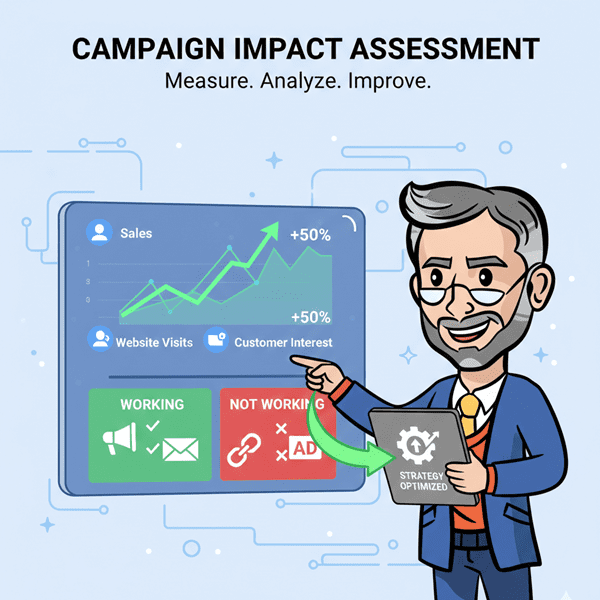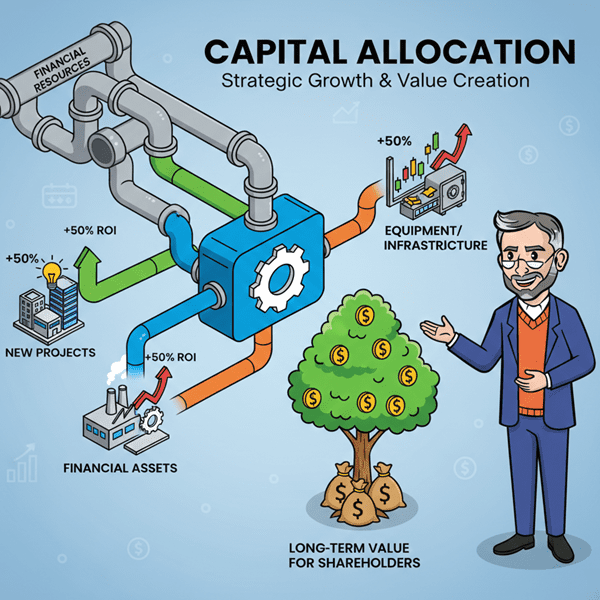Understanding Customer Success Metrics
Customer Success Metrics are measurable indicators that help businesses evaluate how effectively they are enabling their customers to achieve their desired outcomes using their products or services. By tracking these metrics, companies can proactively address customer needs, enhance satisfaction, and foster long-term loyalty.
Example in a Sentence:
The company monitored key customer success metrics to ensure users were achieving their goals with the software, leading to increased retention rates.
Why Customer Success Metrics Are Essential
Tracking the right metrics gives your business an edge. Here’s why they matter:

- Proactive Support – Spot and solve problems before they affect the customer experience.
- Customer Satisfaction – Understand how much value customers gain from your product.
- Retention Growth – Happy customers stay longer, reducing churn and increasing revenue.
- Informed Improvements – Metrics guide product updates, support workflows, and upsell strategies.
Key Customer Success Metrics
- Customer Satisfaction Index (CSI)
Tracks customer sentiment based on feedback and surveys. A high CSI shows strong service and experience quality. - Customer Lifetime Value (CLV)
The total value a customer brings during their relationship with your business. It’s essential for forecasting revenue potential. - Net Promoter Score (NPS)
Measures how likely customers are to recommend your service. It’s a quick way to assess satisfaction and loyalty. - Churn Rate
Shows the percentage of customers who stop using your service in a specific time period. Lower is always better. - Call Metrics
Track support interactions to identify service quality and resolution speed. They help you understand communication efficiency.
More Definitions
(From the Sales & Marketing Jargon Encyclopedia)
- Key Performance Indicator (KPI)
A measurable value that reflects the effectiveness of a specific aspect of a business in achieving its goals. - Call Analytics
The process of tracking and analyzing phone data to understand customer behavior and improve business results. - Variable Compensation
A remuneration strategy where a portion of an employee’s earnings is tied to performance metrics or outcomes. - Customer Feedback Surveys:
Tools for collecting customer opinions to evaluate satisfaction and guide improvements.
Useful Posts
(From the Sales Funnel Professor Blog)
- What to Look for in a SaaS Fractional CMO
Insights into selecting a fractional Chief Marketing Officer with the right expertise in SaaS metrics and growth strategies. - Best Practice Marketing Definition
An exploration of the most effective strategies and techniques that businesses can adopt to achieve superior marketing results. - How to Set and Track KPIs for Sales and Marketing Success
KPIs are more than just metrics—they’re essential tools for making smart, strategic decisions in sales and marketing.























